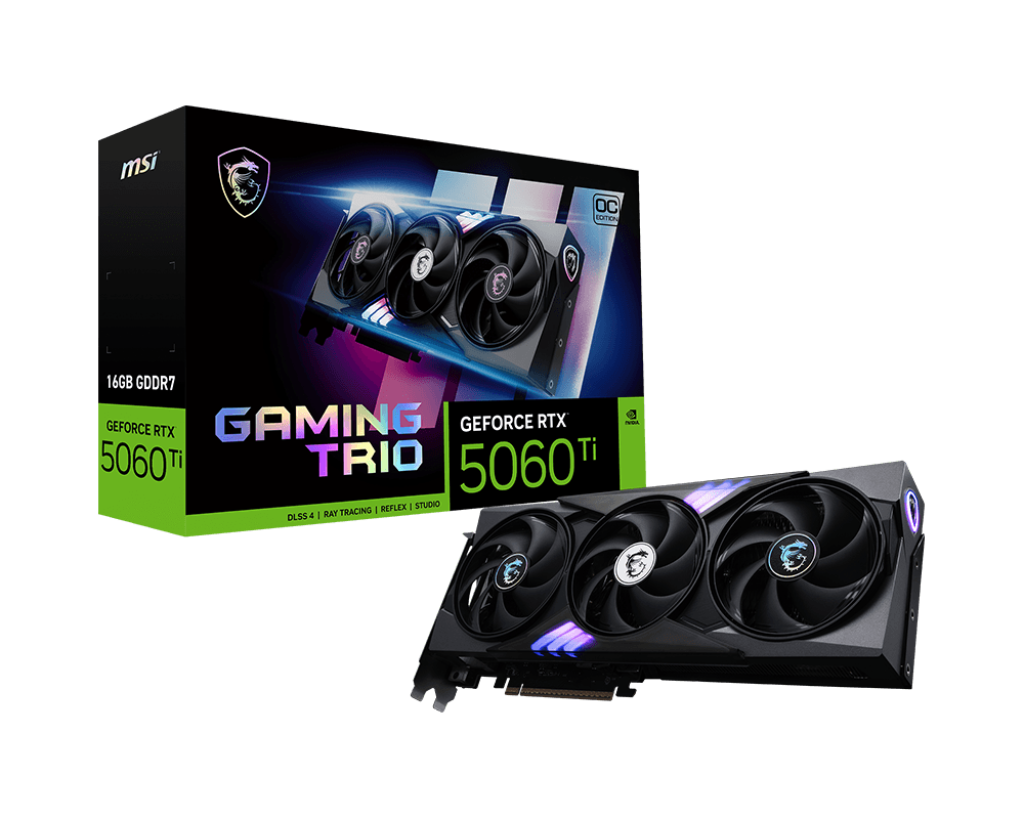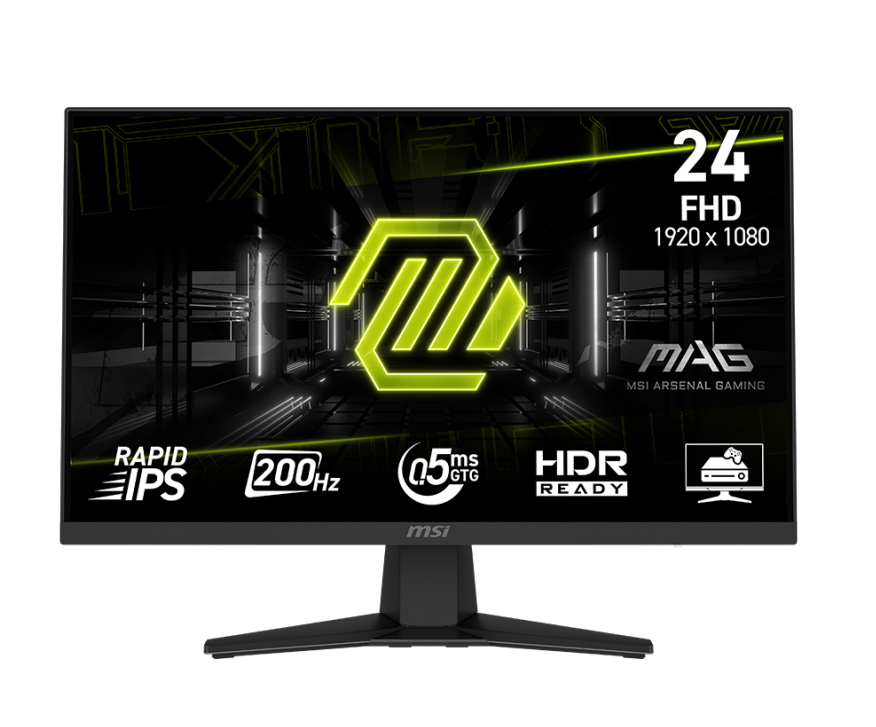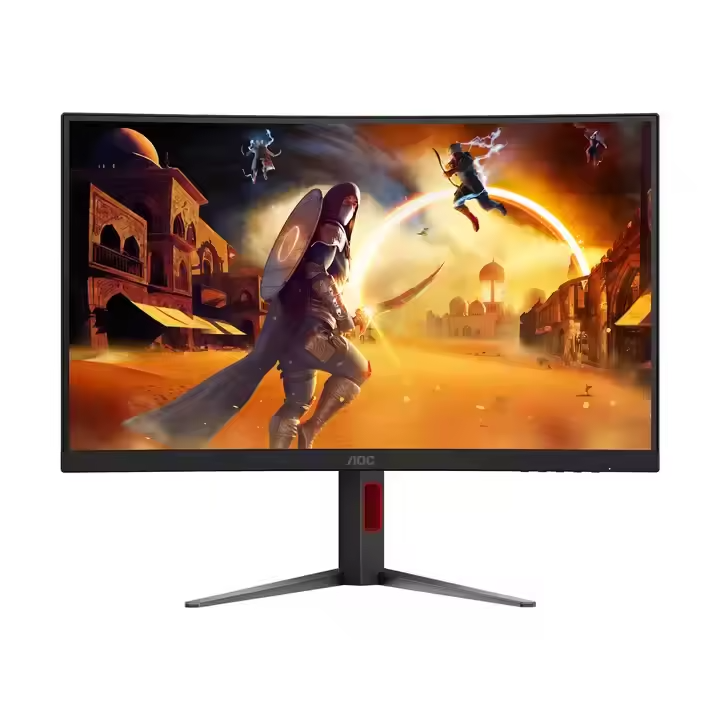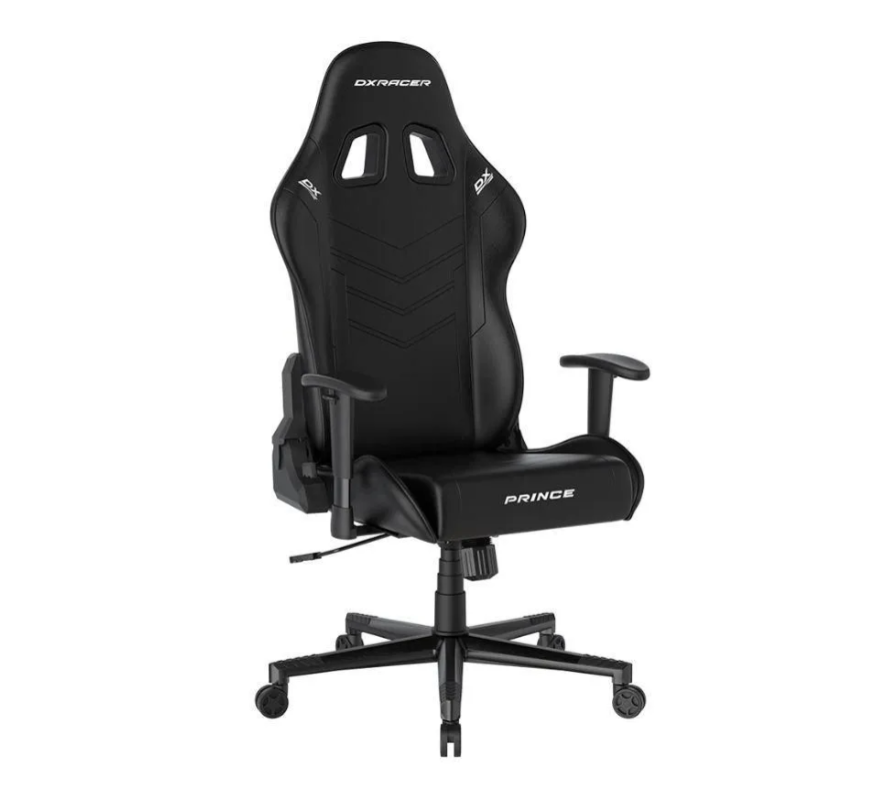MSI RTX 5060 Ti 16G GAMING TRIO Dragon Graphics Card Review
With the NVIDIA Blackwell architecture, 16GB GDDR7 large-capacity video memory and DLSS 4 multi-frame generation technology, the MSI RTX 5060 Ti 16G GAMING TRIO OC graphics card has achieved an unprecedented performance leap for mid-range graphics cards. It can easily handle ray tracing masterpieces at 2K resolution, and 4K games can also get a smooth experience through AI technology. Evaluations show that its gaming performance is about 22% higher than the previous generation RTX 4060 Ti, and is even close to the level of RTX 4070 at 1440p resolution. What's even more surprising is that its AI and productivity performance are also excellent. 16GB video memory and FP4 precision support give it a significant advantage in local AI reasoning and professional creation.
MSI RTX 5060 Ti 16G GAMING TRIO OC adopts NVIDIA's latest Blackwell architecture, equipped with GB206-300 GPU core, and has 4608 CUDA cores, which is about 5.88% higher than the 4352 CUDA cores of the previous generation RTX 4060 Ti. The Blackwell architecture has achieved breakthroughs in many technologies, including upgrading to the fifth-generation Tensor Core and the fourth-generation RT Core. The Tensor Core supports FP4 precision calculations, which greatly improves AI reasoning performance compared to the previous generation. Actual measurements show that in the UL Procyon AI raw image test, the FP4 performance of the RTX 5060 Ti is 58% faster than the RTX 4080, and even 4% faster than the RTX 4090 D, providing strong support for local AI applications.
In terms of video memory specifications, the RTX 5060 Ti 16G uses 16GB GDDR7 video memory with a bit width of 128-bit and a transmission speed of 28 Gbps, which brings a bandwidth of 448 GB/s, which is a significant improvement over the GDDR6 video memory (288 GB/s bandwidth) of the previous generation RTX 4060 Ti. The 16GB large-capacity video memory is another highlight of the RTX 5060 Ti, which completely solves the common problem of insufficient video memory in 3A games and AI applications. In the Stable Diffusion test, the RTX 5060 Ti can smoothly run mainstream large language models such as Llama3 and Mistral7B.
 MSI RTX 5060 Ti 16G GAMING TRIO Dragon Graphics Card Review
MSI RTX 5060 Ti 16G GAMING TRIO Dragon Graphics Card Review
 MSI MAG 244F Product Introduction
MSI MAG 244F Product Introduction
 AOC C27G4Z Product Introduction
AOC C27G4Z Product Introduction
 DXRACER PRINCE Product Introduction
DXRACER PRINCE Product Introduction

